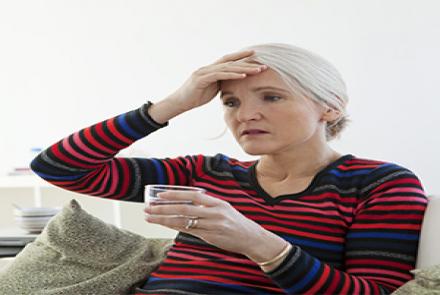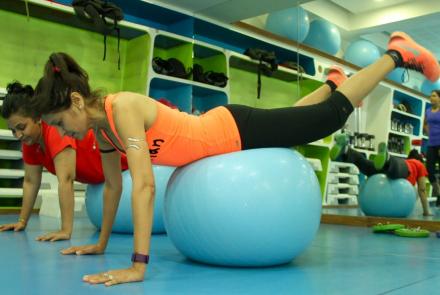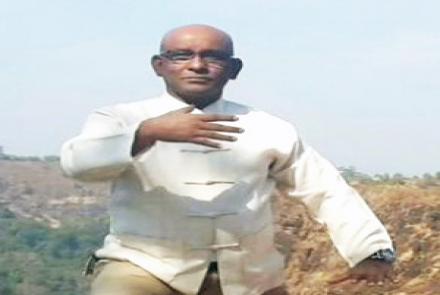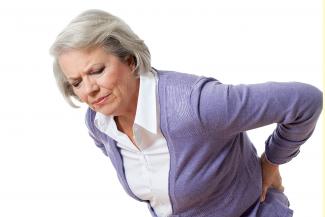
It is estimated that more than 200 million people across the globe suffer from osteoporosis. Approximately 30% of all postmenopausal ladies have osteoporosis. Dr S M Akerkar, consultant rheumatologist, stresses that brisk walking is one of the best and safest exercise for strengthening the bones.
What is Osteoporosis?
Simply speaking osteoporosis means – ‘porous’ or brittle bones. They are less dense when compared to a normal bone, hence weak and more likely to fracture. Osteoporotic fractures are common in wrist, hip and spine.
How common is Osteoporosis?
It is estimated that more than 200 million people across the globe suffer from osteoporosis. Approximately 30% of all postmenopausal ladies have osteoporosis.
What are the signs and symptoms of Osteoporosis?
Osteoporosis generally does not cause any symptoms till the time there is a fracture. It is painless till there is a fracture.
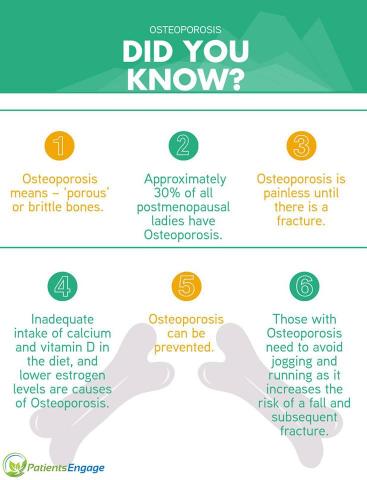
What causes Osteoporosis?
Inadequate intake of calcium and vitamin D in the diet, lower estrogen levels after menopause are the most common causes.
What are the risk factors of Osteoporosis?
Age, race, gender, low dietary calcium intake, corticosteroid intake, medical conditions including rheumatoid arthritis, lupus, kidney ailments, hyperthyroidism. Lifestyle factors including a sedentary lifestyle and alcohol.
Can Osteoporosis be prevented?
Yes. Definitely.
How is Osteoporosis Treated?
Yes. The treatment is based on the bone density measurements and the fracture risk calculations. Apart from daily calcium and vitamin D; bisphosphonates are the most commonly prescribed medications. This group of medication include Alendronate, Risedronate, Ibandronate & Zoledronic acid. Hormone replacement therapy may be considered in some postmenopausal ladies. Teriparatide is a powerful medication for osteoporosis and given to patients with high risk of fracture. It is taken as a daily injection and stimulates new bone growth.
Are there any ways to keep Osteoporosis from worsening?
Good dietary intake of calcium, vitamin D does help prevent worsening of osteoporosis. Weight bearing exercises like walking do help keep the bones strong. Those with osteoporosis need to avoid jogging and running as it increases the risk of a fall and subsequent fracture.
Read more: Managing Osteoporosis
How frequently should I get a bone density done?
Yearly
Read more about : Do I need a Bone Density Scan?
How much exercise do I need to boost bone strength and which exercises do you recommend?
TIP: Brisk walking (outside/ treadmill) is one of the best and safest exercise for strengthening the bones. Resistance exercises like lifting weights, elastic bands is also useful.
Read more: Exercise to improve Bone Health
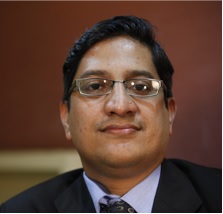
Updated on 20-Oct-2020 with infographic and links

